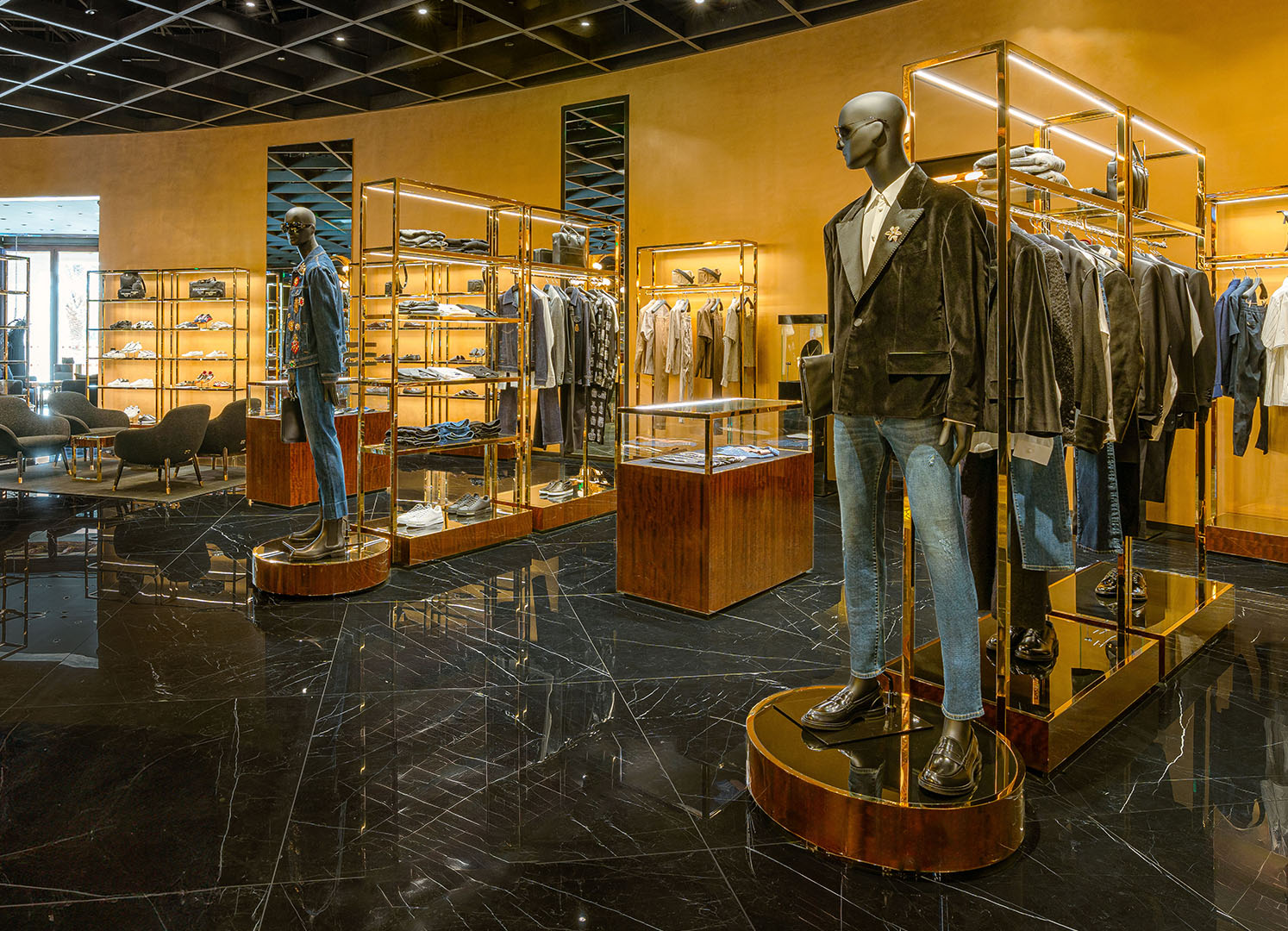In the realm of consumer behaviour, luxury goods hold a special allure. From high-end automobiles and designer apparel to lavish real estate in Dubai, these products often come with hefty price tags that extend beyond their functional value. Understanding the psychology behind luxury purchases can provide valuable insights for both consumers and investors. This article delves into the reasons people are drawn to luxury items and how this knowledge can be harnessed for smart investment decisions.
Understanding the Appeal of Luxury Goods
Luxury goods are more than just expensive items; they are symbols of status and success. People often invest in high-ticket items like designer watches or luxury real estate as a way to enhance their self-esteem or mark significant personal achievements. The purchase of such goods can be driven by several psychological factors:
- Boosting Self-Esteem: Owning luxury items can provide a significant boost to self-esteem. For many, purchasing a high-end automobile or an exclusive property is a way to signal personal success and elevate their social status. This emotional satisfaction often outweighs the financial burden associated with these purchases.
- Rewarding Accomplishments: Luxury goods are frequently bought as rewards for achieving personal or professional milestones. A luxury watch or a high-end vacation might serve as a celebration of a hard-earned success, offering both personal gratification and a tangible reminder of one’s achievements.
- Pursuit of Authenticity: The quest for authenticity also drives luxury purchases. Consumers often prefer genuine products over replicas because owning a true luxury item provides a sense of real value and distinction. This desire for authenticity can make consumers willing to pay a premium to avoid counterfeits.
Rational vs. Emotional Spending
While the appeal of luxury goods is strong, the decision to purchase them can sometimes be more emotional than rational. The high levels of consumer debt, such as the $1.129 trillion in credit card debt reported in 2023, underscore how luxury purchases can sometimes lead to financial strain. Many consumers make these purchases despite not being in a strong financial position, driven by the emotional satisfaction rather than practical needs.
Investment Opportunities in the Luxury Sector
The luxury goods market presents significant opportunities for investors. As of 2023, the market was valued at approximately $253.7 billion, with projections indicating it could grow to $369.8 billion by 2030. Luxury apparel alone is expected to account for $115.4 billion of this market. Here are some key areas where investors can look for potential returns:
- High-End Automobiles: Brands like Ferrari and Rolls-Royce are major players in the luxury car market. Investing in these companies can be lucrative, as they often reflect broader economic trends and consumer confidence in luxury.
- Luxury Real Estate: Prime properties in cities like Dubai and London continue to attract wealthy individuals. Investing in luxury real estate can offer substantial returns, driven by strong demand for high-end properties.
- Luxury Brands: Companies such as Gucci and Louis Vuitton are established leaders in the luxury market. Investing in shares of these brands or in ETFs that track the luxury sector can be a smart move, given their robust market presence and consumer loyalty.
Identifying and Avoiding Counterfeits
With the rise of counterfeit luxury goods, it is essential to be able to distinguish genuine items from fakes:
- Price Indicators: Be cautious of deals that seem too good to be true. A genuine luxury item priced significantly below its market value is likely counterfeit.
- Craftsmanship: Authentic luxury goods are typically well-crafted with high-quality materials. Look for signs of superior craftsmanship and be wary of poor-quality imitation products.
Balancing Luxury with Financial Prudence
For consumers, it is crucial to balance the desire for luxury items with financial responsibility. Consider whether the purchase aligns with long-term goals and if it truly represents value beyond the initial emotional appeal.
For investors, understanding the psychology behind luxury purchases can provide insights into market trends and consumer behaviour. By making informed decisions and focusing on high-growth areas within the luxury sector, you can capitalise on the evolving opportunities in this lucrative market.
In conclusion, luxury goods appeal to deep-seated psychological desires and needs. Whether you are contemplating a high-end purchase or looking to invest in the luxury market, understanding these motivations can guide better decision-making and enhance financial outcomes.








Recent Comments